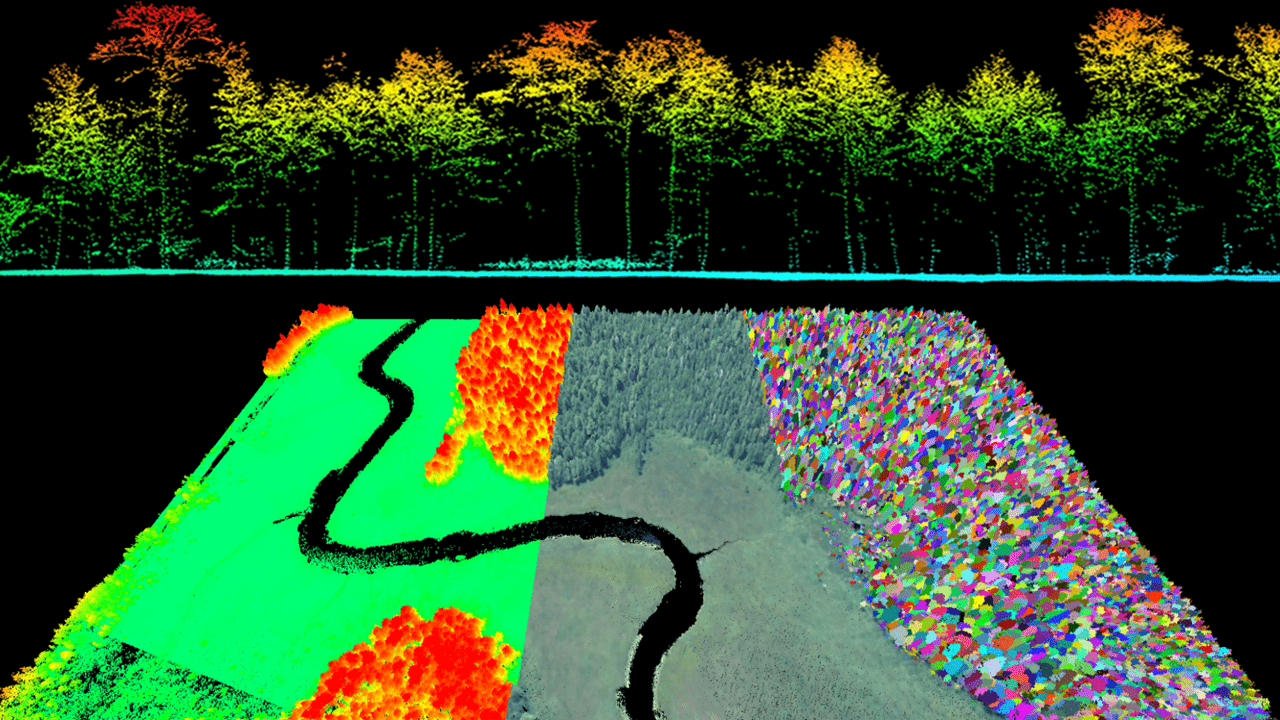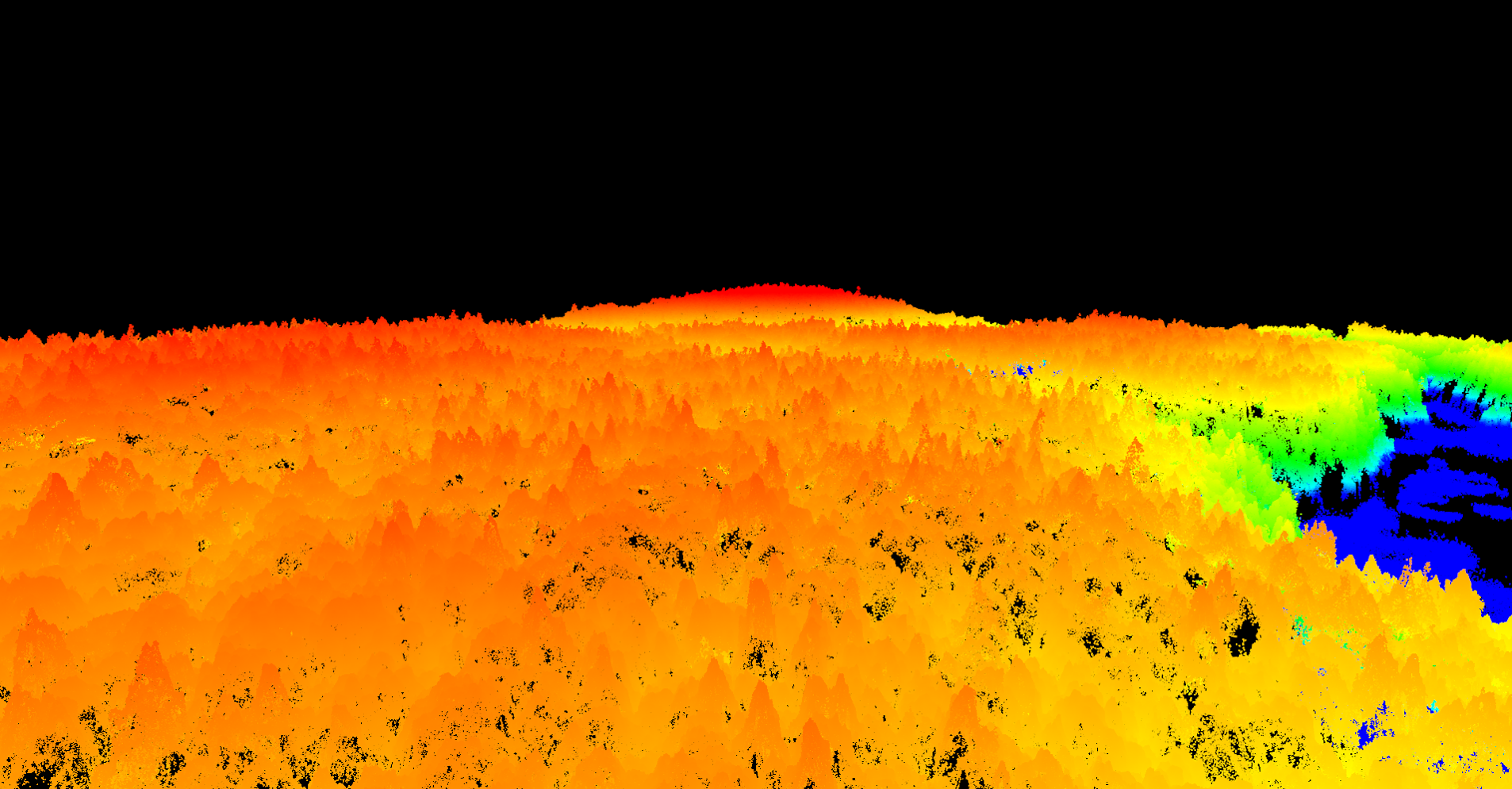Supporting Stakeholder Data Requirements for Decision-Making in Managed Forests: A Landscape Model-Data Framework for High Resolution Carbon Accounting and Uncertainty Estimation
Managing forests for climate benefits requires monitoring, reporting, and verification (MRV) systems for quantifying and assessing the uncertainty in stocks and transfers within and among the major forest carbon pools. The UMaine investigator team has partnered with colleagues in the US Forest Service, Canadian Forest Service, and NASA’s Goddard Space Flight Center to research developing a prototype MRV system that tracks the stocks and fluxes among all of the major carbon pools in the managed forest sector at the regional, cross-national scale. Stakeholder engagement is also a major focus of this project’s activities, and we are working with partners in forest industry and public land management agencies to address decision-making tools for various scenarios, considering climate change, shifts in management activities, and potential disturbances like spruce budworm.


A carbon MRV framework to support stakeholder decision-making in managed forests
The overall goal for our Phase 2 project is to continue MRV prototype product development that addresses the range of scales and use cases represented by stakeholders in forest carbon management. From our Phase 1 partner engagement, we have identified three key applications, including: (1) sub-national (state and provincial level) tracking of the role of the forest sector in meeting climate change mitigation goals; (2) mapping of carbon baselines and changes in carbon stocks at landscape-management scales; and (3) supporting forest landowner decision-making in carbon market offset projects.
